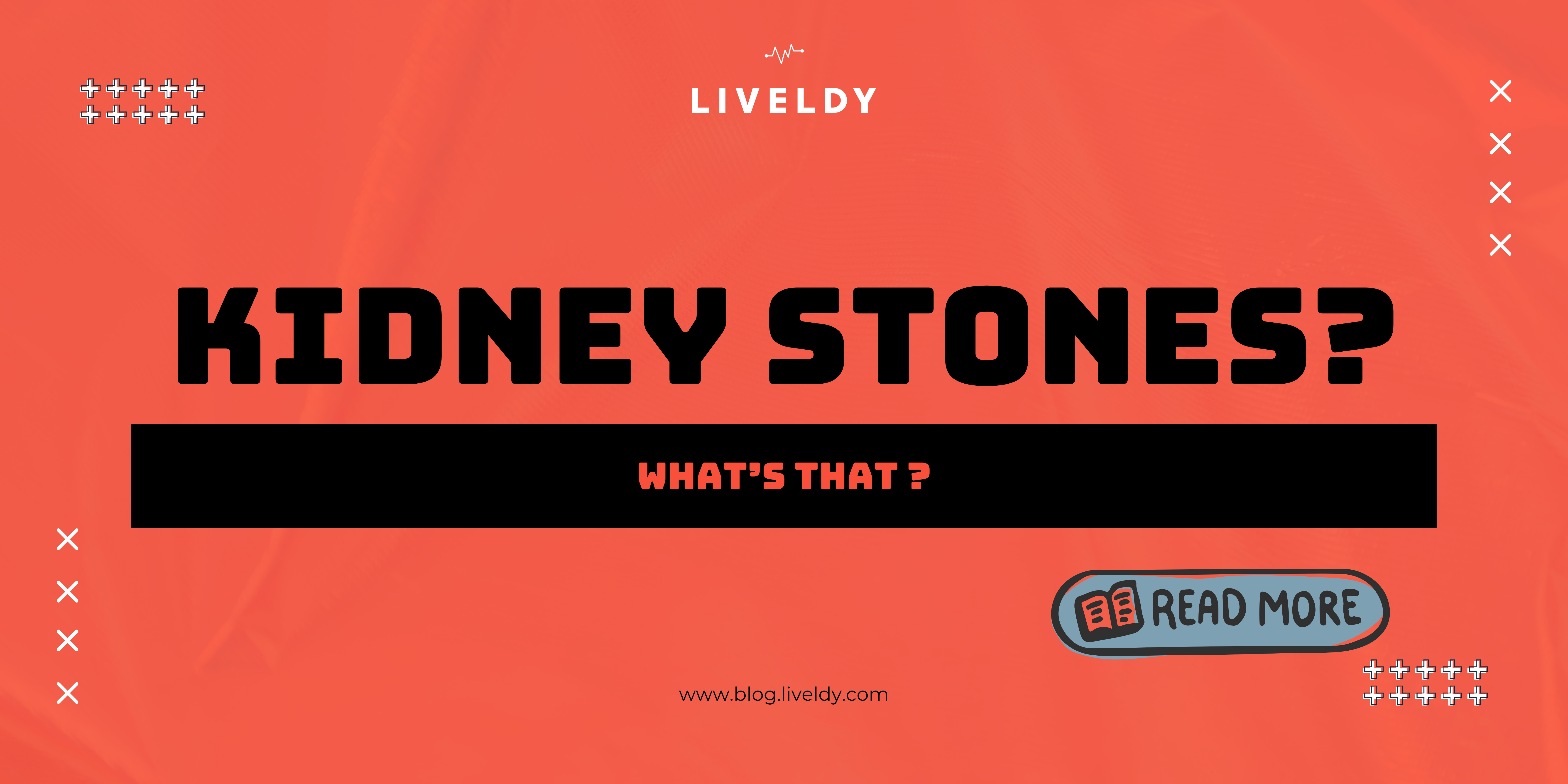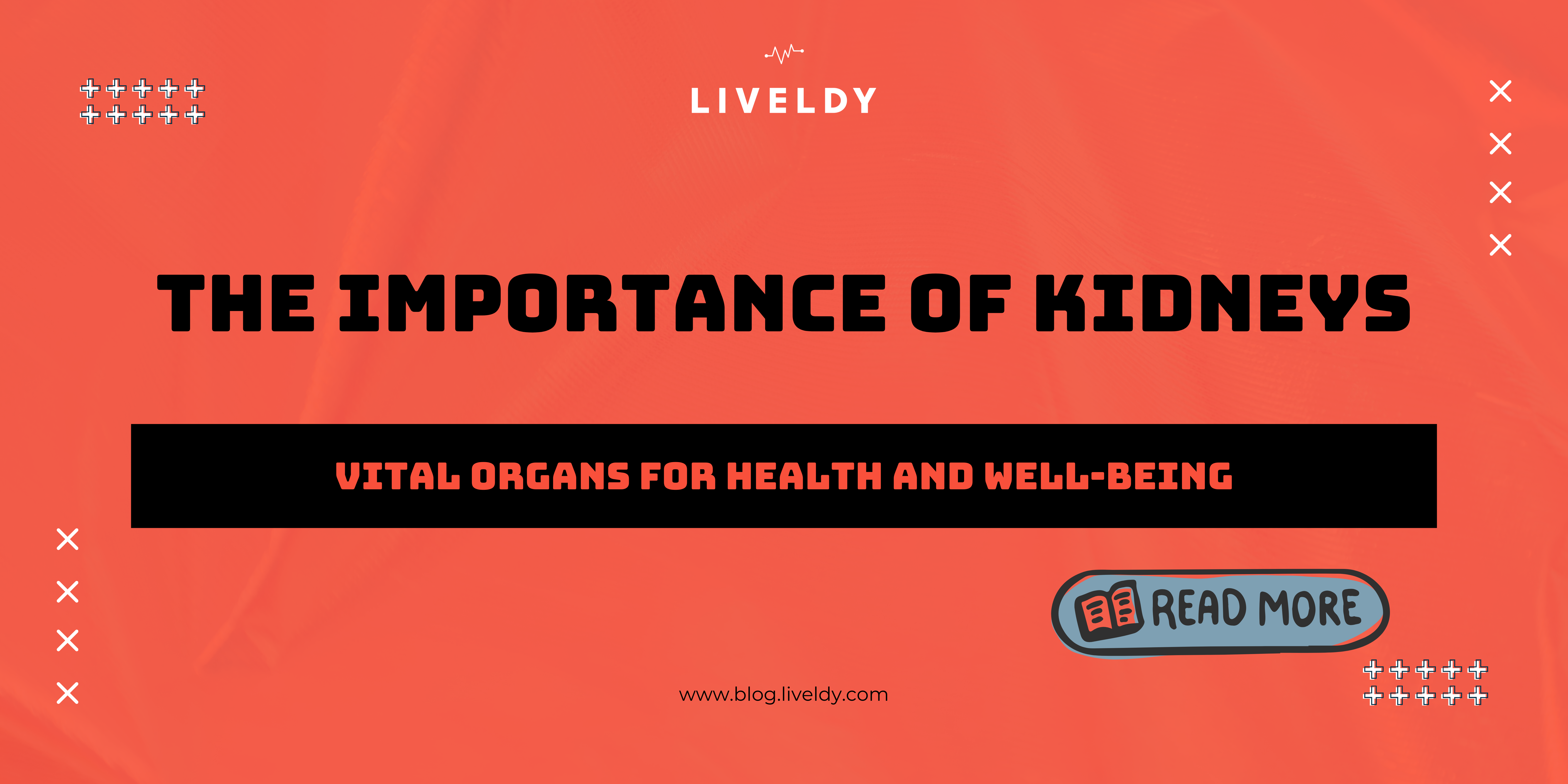Kidney stones, medically known as nephrolithiasis, are a common and painful urological condition that affects millions of people worldwide. These small, hard mineral deposits can form in the kidneys and cause severe pain as they pass through the urinary tract. In this article, we will explore the causes, symptoms, and treatment options for kidney stones, helping you better understand this condition.
Causes of Kidney Stones
Kidney stones can develop for a variety of reasons, but the most common causes include:
- Dehydration: One of the most prevalent factors leading to kidney stone formation is inadequate fluid intake. Dehydration can result in concentrated urine, which increases the likelihood of mineral deposits forming in the kidneys.
- Diet: Consuming a diet high in oxalate-rich foods (such as spinach, beets, and chocolate) or foods high in salt can contribute to stone formation. Additionally, excessive consumption of animal proteins can lead to the development of kidney stones.
- Genetics: Some individuals may have a genetic predisposition to kidney stone formation, making them more susceptible to the condition.
- Medical conditions: Certain medical conditions, such as urinary tract infections, hyperparathyroidism, and inflammatory bowel disease, can increase the risk of kidney stone formation.
- Medications: Some medications, including diuretics and antacids, may increase the likelihood of developing kidney stones.
Symptoms of Kidney Stones
The symptoms of kidney stones can vary depending on their size and location within the urinary tract. Common signs and symptoms include:
- Severe Pain: Kidney stones are renowned for causing intense, sharp pain. This pain typically occurs in the lower back, side, or abdomen and may radiate to the groin area. This discomfort is often described as one of the most severe pains a person can experience.
- Hematuria: Blood in the urine, known as hematuria, is a common symptom of kidney stones. The presence of blood may result in pink, red, or brown urine.
- Frequent Urination: Kidney stones can irritate the bladder, leading to an increased urge to urinate. However, this often results in only small amounts of urine being passed.
- Nausea and Vomiting: The pain and discomfort associated with kidney stones can cause nausea and vomiting.
- Cloudy or Foul-Smelling Urine: The presence of kidney stones can lead to changes in urine color and odor.
Treatment Options
The treatment of kidney stones largely depends on their size, location, and severity. Here are some common treatment options:
- Watchful Waiting: In some cases, small kidney stones may pass on their own without medical intervention. Patients are typically advised to drink plenty of water and pain medication to manage discomfort during this process.
- Medications: Your doctor may prescribe medications to help relax the ureter muscles or to control pain and nausea.
- Extracorporeal Shock Wave Lithotripsy (ESWL): This non-invasive procedure uses shock waves to break kidney stones into smaller fragments, making it easier for them to pass.
- Ureteroscopy: In this procedure, a thin tube with a camera is inserted through the urethra and bladder to remove or break up the stones.
- Surgical Intervention: Larger stones or stones that cannot be treated through less invasive methods may require surgical removal.
Prevention
Preventing kidney stones is crucial for individuals who have experienced them or are at higher risk. Some preventive measures include:
- Staying Hydrated: Drink plenty of water throughout the day to dilute urine and reduce the risk of stone formation.
- Dietary Changes: Reduce the consumption of high-oxalate foods and limit salt intake. A balanced diet can help prevent stone recurrence.
- Medication: In some cases, your doctor may prescribe medication to prevent the formation of specific types of kidney stones.
Conclusion
Kidney stones can be an excruciating and distressing condition, but understanding their causes, symptoms, and treatment options can help individuals take steps to prevent their formation and seek appropriate medical care when necessary. If you suspect you have kidney stones or are at risk, consult a healthcare professional for a proper diagnosis and personalized guidance on prevention and treatment. Remember that early intervention and lifestyle modifications can significantly reduce the risk of developing kidney stones.
Citations
National Kidney Foundation: Kidney Stones Overview – https://www.kidney.org/atoz/content/kidneystones
Mayo Clinic: Kidney Stones – Symptoms and Causes – https://www.mayoclinic.org/diseases-conditions/kidney-stones/symptoms-causes/syc-20355755
Cleveland Clinic: Kidney Stones – https://my.clevelandclinic.org/health/diseases/15422-kidney-stones
American Urological Association: Kidney Stones Treatment Options – https://www.auanet.org/kidney-stones-treatment
Johns Hopkins Medicine: Kidney Stones – https://www.hopkinsmedicine.org/health/conditions-and-diseases/kidney-stones
University of Chicago Medicine: Kidney Stone Prevention Tips – https://www.uchicagomedicine.org/forefront/health-and-wellness-articles/kidney-stones-prevention
National Institute of Diabetes and Digestive and Kidney Diseases (NIDDK): Treatment for Kidney Stones – https://www.niddk.nih.gov/health-information/urologic-diseases/kidney-stones/treatment
Healthline: Causes and Risk Factors for Kidney Stones – https://www.healthline.com/health/kidney-stones
Urology Care Foundation: Kidney Stones Prevention – https://www.urologyhealth.org/urologic-conditions/kidney-stones
UCSF Health: Diet Tips to Prevent Kidney Stones – https://www.ucsfhealth.org/education/diet-tips-to-prevent-kidney-stones


Interesting and love to know more Sir
Revenue house nasarawa state lafia